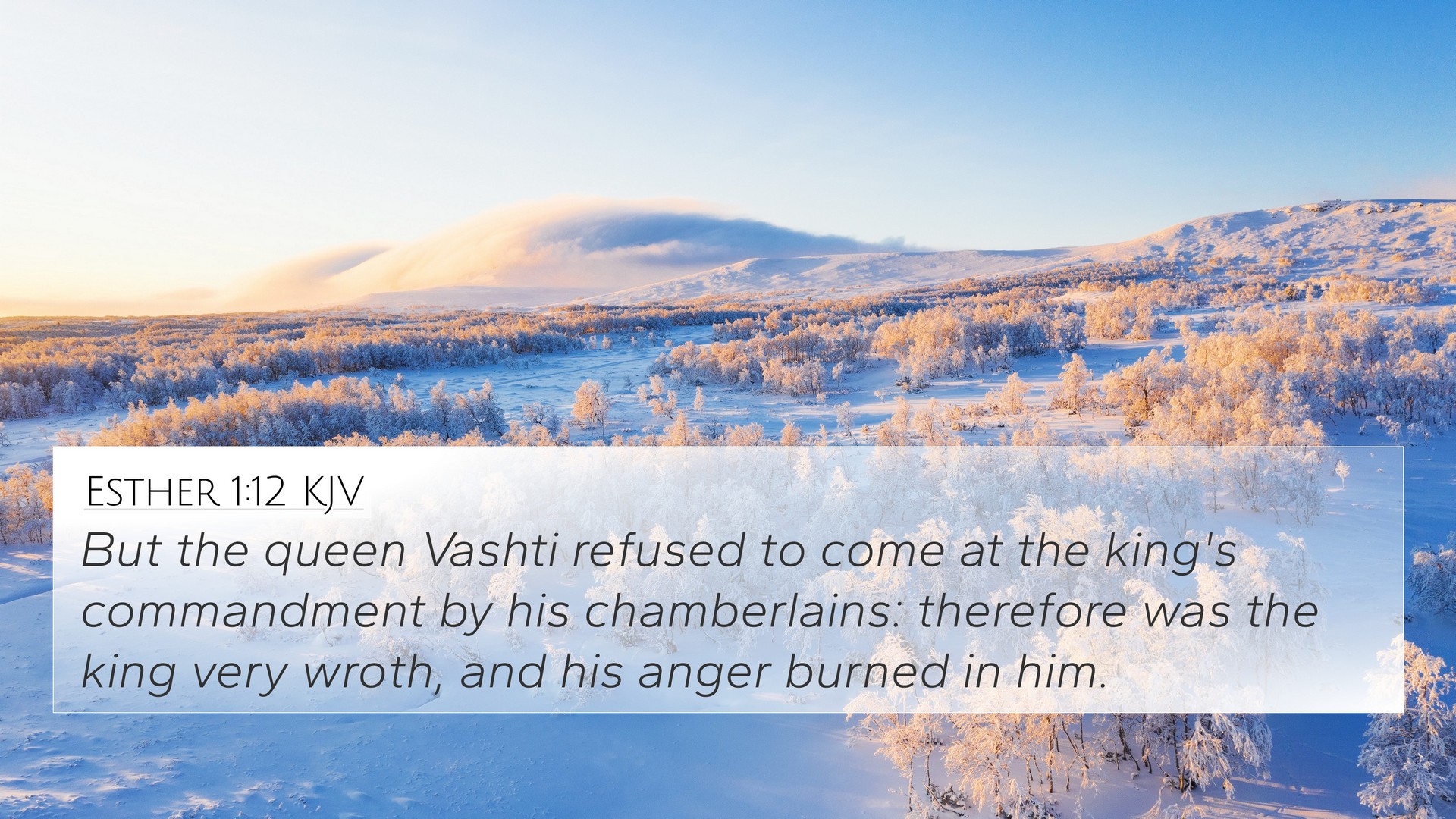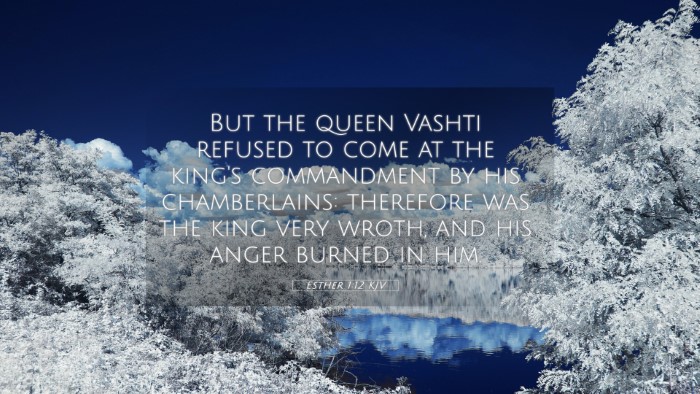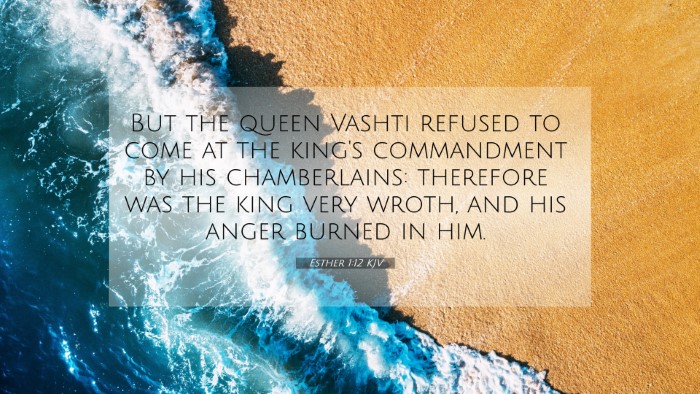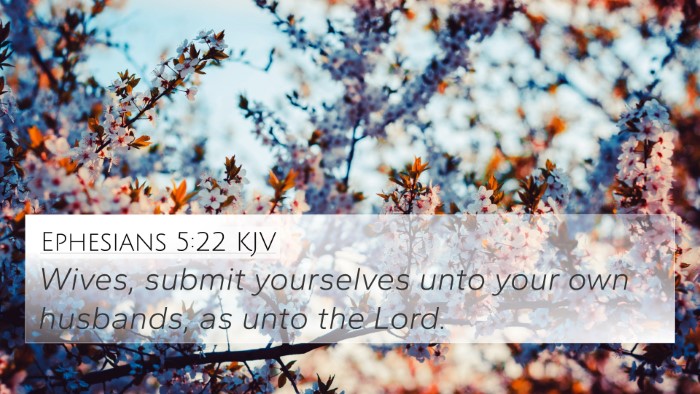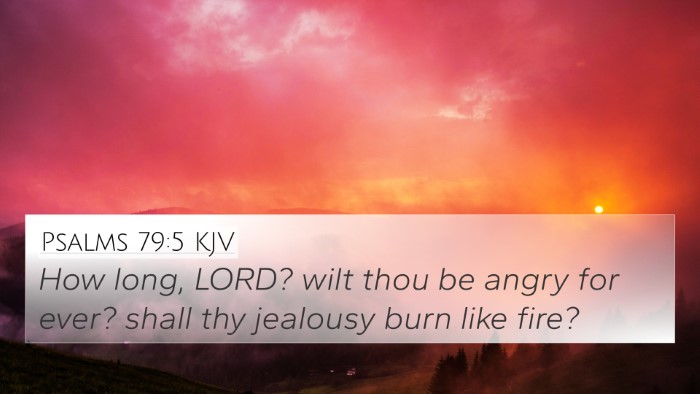Old Testament
Genesis Exodus Leviticus Numbers Deuteronomy Joshua Judges Ruth 1 Samuel 2 Samuel 1 Kings 2 Kings 1 Chronicles 2 Chronicles Ezra Nehemiah Esther Job Psalms Proverbs Ecclesiastes Song of Solomon Isaiah Jeremiah Lamentations Ezekiel Daniel Hosea Joel Amos Obadiah Jonah Micah Nahum Habakkuk Zephaniah Haggai Zechariah MalachiEsther 1:12 Similar Verses
Esther 1:12 Cross References
But the queen Vashti refused to come at the king's commandment by his chamberlains: therefore was the king very wroth, and his anger burned in him.
Uncover the Rich Themes and Topics of This Bible Verse
Listed below are the Bible themes associated with Esther 1:12. We invite you to explore each theme to gain deeper insights into the Scriptures.
Esther 1:12 Cross Reference Verses
This section features a detailed cross-reference designed to enrich your understanding of the Scriptures. Below, you will find carefully selected verses that echo the themes and teachings related to Esther 1:12 KJV. Click on any image to explore detailed analyses of related Bible verses and uncover deeper theological insights.
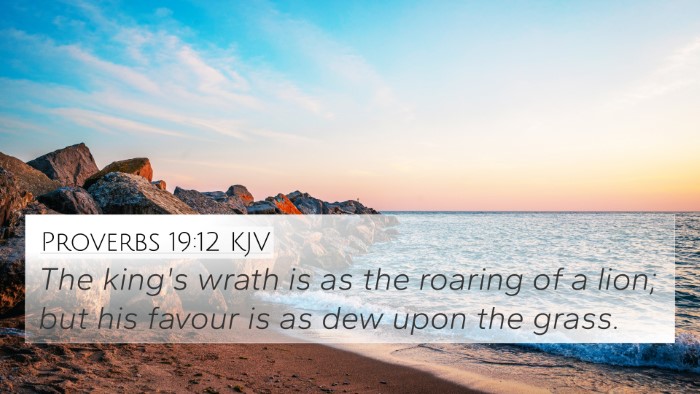
Proverbs 19:12 (KJV) »
The king's wrath is as the roaring of a lion; but his favour is as dew upon the grass.
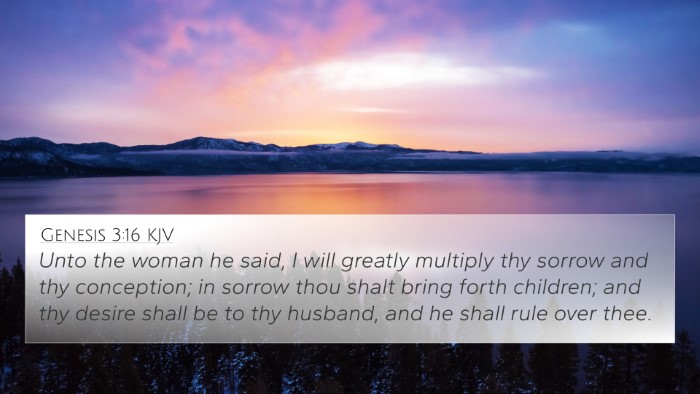
Genesis 3:16 (KJV) »
Unto the woman he said, I will greatly multiply thy sorrow and thy conception; in sorrow thou shalt bring forth children; and thy desire shall be to thy husband, and he shall rule over thee.
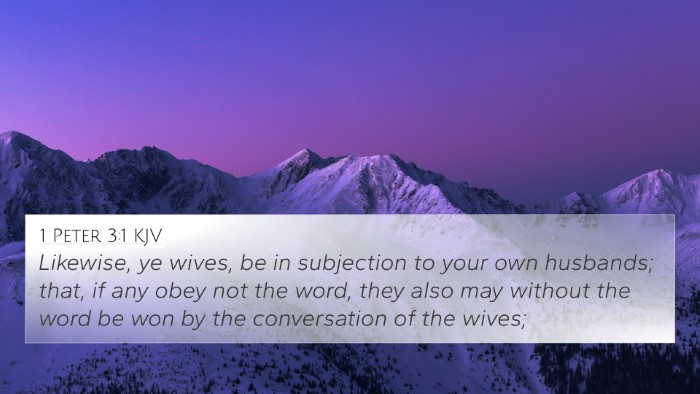
1 Peter 3:1 (KJV) »
Likewise, ye wives, be in subjection to your own husbands; that, if any obey not the word, they also may without the word be won by the conversation of the wives;
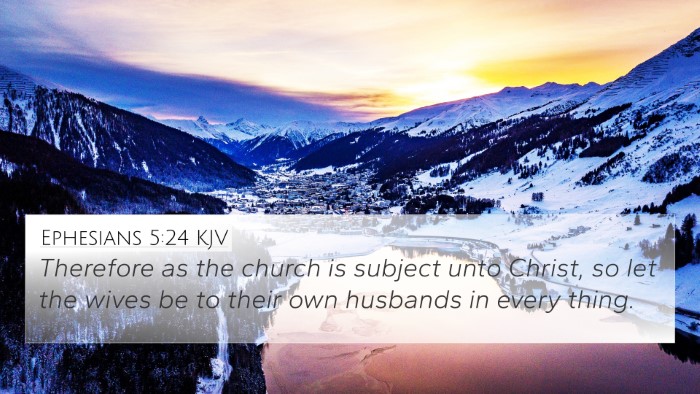
Ephesians 5:24 (KJV) »
Therefore as the church is subject unto Christ, so let the wives be to their own husbands in every thing.
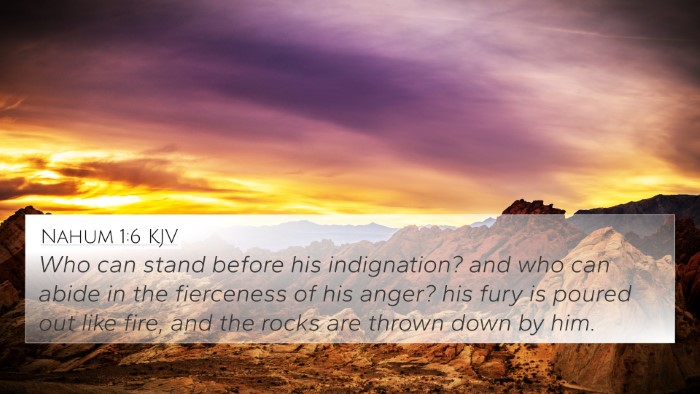
Nahum 1:6 (KJV) »
Who can stand before his indignation? and who can abide in the fierceness of his anger? his fury is poured out like fire, and the rocks are thrown down by him.
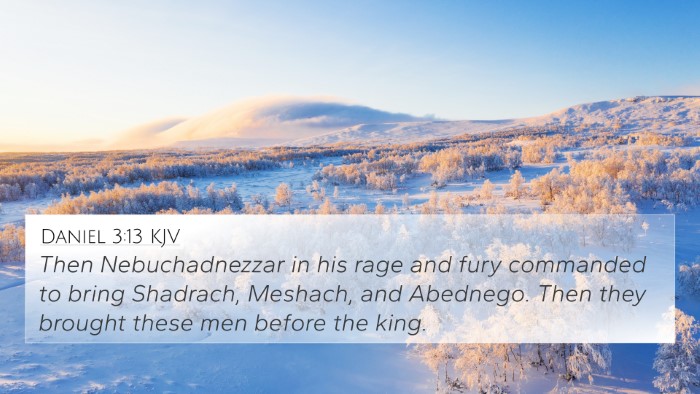
Daniel 3:13 (KJV) »
Then Nebuchadnezzar in his rage and fury commanded to bring Shadrach, Meshach, and Abednego. Then they brought these men before the king.
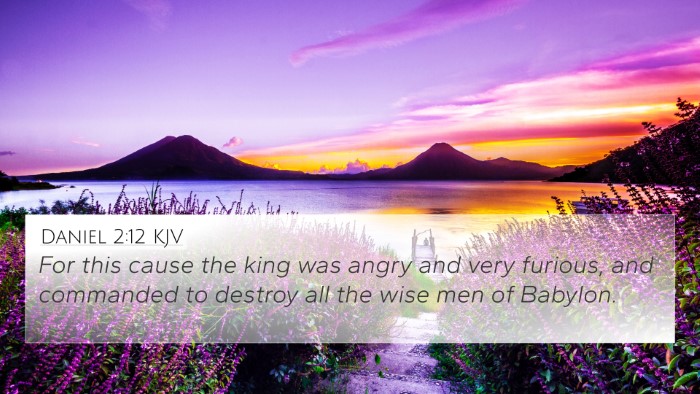
Daniel 2:12 (KJV) »
For this cause the king was angry and very furious, and commanded to destroy all the wise men of Babylon.
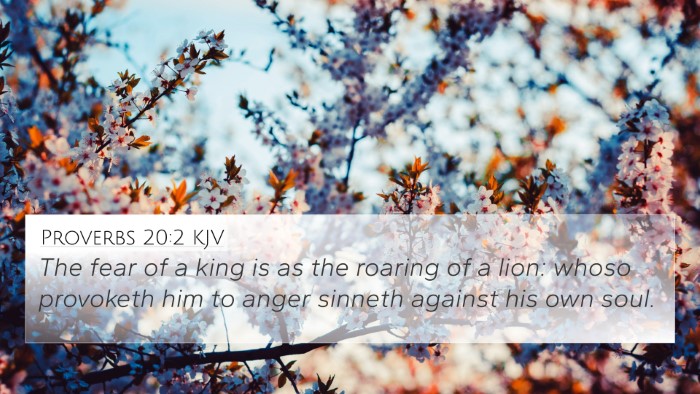
Proverbs 20:2 (KJV) »
The fear of a king is as the roaring of a lion: whoso provoketh him to anger sinneth against his own soul.
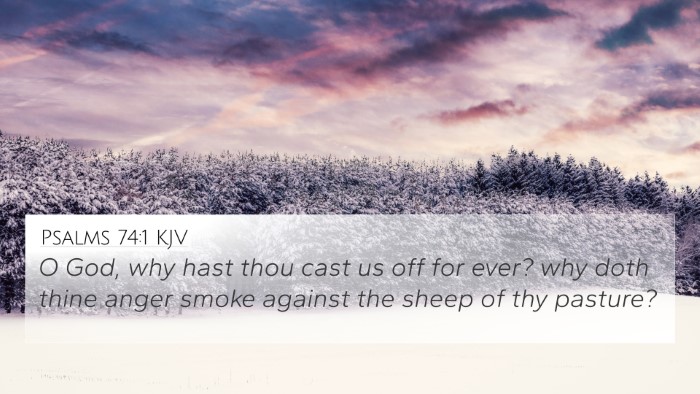
Psalms 74:1 (KJV) »
O God, why hast thou cast us off for ever? why doth thine anger smoke against the sheep of thy pasture?
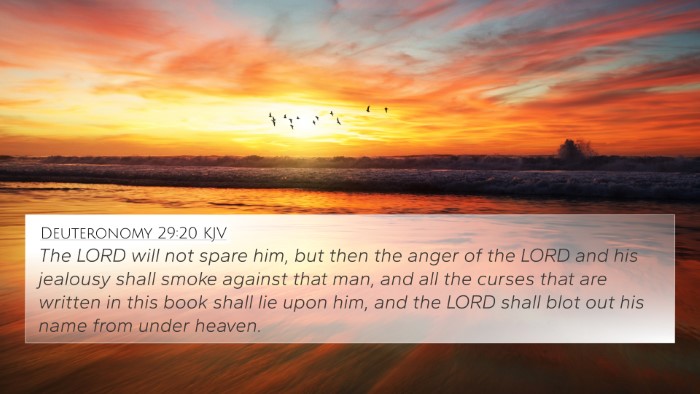
Deuteronomy 29:20 (KJV) »
The LORD will not spare him, but then the anger of the LORD and his jealousy shall smoke against that man, and all the curses that are written in this book shall lie upon him, and the LORD shall blot out his name from under heaven.
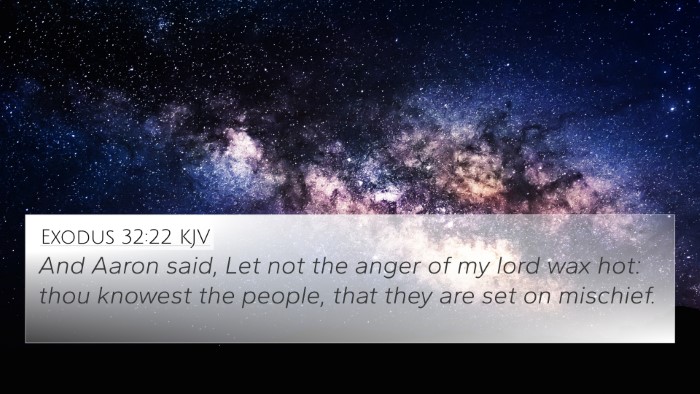
Exodus 32:22 (KJV) »
And Aaron said, Let not the anger of my lord wax hot: thou knowest the people, that they are set on mischief.
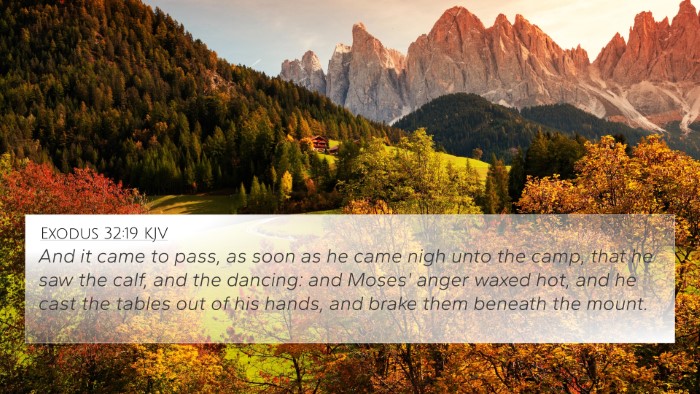
Exodus 32:19 (KJV) »
And it came to pass, as soon as he came nigh unto the camp, that he saw the calf, and the dancing: and Moses' anger waxed hot, and he cast the tables out of his hands, and brake them beneath the mount.
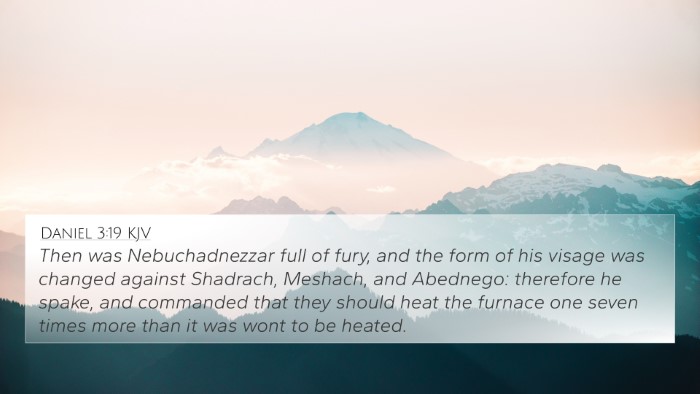
Daniel 3:19 (KJV) »
Then was Nebuchadnezzar full of fury, and the form of his visage was changed against Shadrach, Meshach, and Abednego: therefore he spake, and commanded that they should heat the furnace one seven times more than it was wont to be heated.
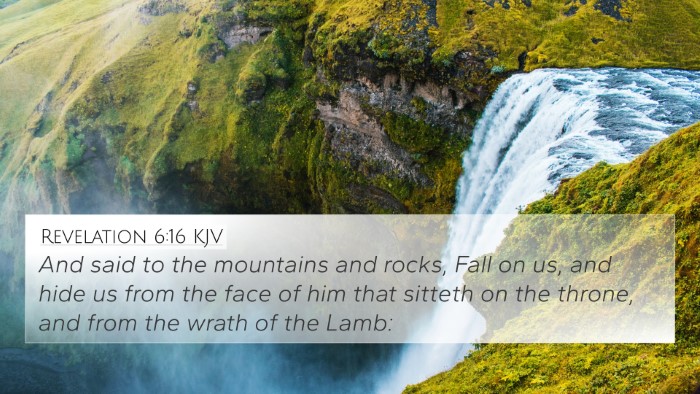
Revelation 6:16 (KJV) »
And said to the mountains and rocks, Fall on us, and hide us from the face of him that sitteth on the throne, and from the wrath of the Lamb:
Esther 1:12 Verse Analysis and Similar Verses
Understanding Esther 1:12
The verse Esther 1:12 states:
"But Queen Vashti refused to come at the king's command brought by his eunuchs; therefore the king was furious, and his anger burned within him."
This passage marks a significant moment in the Book of Esther, showcasing the conflict between royal authority and personal dignity. Let us examine the meaning and implications of this verse through insights from renowned public domain commentaries.
Interpretative Insights from Public Domain Commentaries
- Matthew Henry:
Henry emphasizes Queen Vashti's refusal as an act of courage and autonomy. He highlights that her decision was not just a rejection of the king's command but a stand for her personal dignity. This sets the stage for subsequent events in the narrative, demonstrating the tension between the powerful and the powerless.
- Albert Barnes:
Barnes notes the cultural context in which Queen Vashti lived, where obedience to the king was expected. Her choice to refuse emphasizes the rare act of defiance against a patriarchal system. Barnes argues that the implications of her refusal go beyond personal rebellion; they signify a shift in attitudes towards women's roles in society.
- Adam Clarke:
Clarke provides insight into the etymology of Vashti's name, which means "beautiful." He suggests that her beauty is contrasted by her strength of character. She refuses to be objectified, illustrating her inner fortitude. Clarke also reflects on the king's reaction, which indicates a volatility in authority when challenged.
Thematic Connections and Cross-References
Esther 1:12 invites readers to reflect on broader themes in scripture. Here are notable connections and parallels that further illuminate this verse:
- Proverbs 31:10-31: This passage talks about the virtuous woman, emphasizing qualities of strength, dignity, and wisdom, akin to Vashti's refusal.
- 1 Samuel 15:23: Here, we see another example of rebellion against authority leading to serious consequences, reflecting the theme of disobedience.
- Daniel 3:16-18: The refusal of Shadrach, Meshach, and Abednego to worship the image parallels Vashti's stand for her principles amidst authoritative pressure.
- Luke 1:38: Mary’s acceptance of God's will, although not in conflict with earthly authority, illustrates a woman's strength in making a choice that would lead to significant outcomes.
- Acts 5:29: This verse emphasizes the necessity of obeying God over human authorities, creating a thematic resonance with Vashti’s defiance.
- Galatians 3:28: Paul's declaration of equality among believers has roots in themes exemplified by Vashti's actions against the socio-political norm.
- Matthew 7:12: The Golden Rule raises moral queries that relate to Vashti’s treatment and the consequences of the king's demands.
- James 1:19-20: This reminder to be slow to anger may speak to the king's instantaneous and furious response to Vashti’s defiance, suggesting the importance of self-control.
- Esther 4:16: Further developments in Esther’s narrative underline the potential role of women in divine plans, connected through Vashti’s refusal.
- Revelation 12:11: This verse speaks about overcoming through the blood of the Lamb and the words of testimony, echoing the theme of resistance and vindication found in Vashti's story.
Practical Applications and Lessons
This verse has implications for modern readers. It encourages individuals to consider:
- How do we respond to authority when our values are challenged?
- What can we learn about personal dignity and the courage to stand firm in our beliefs?
- How does this narrative parallel contemporary discussions around gender roles and societal expectations?
Tools for Cross-Referencing and Further Study
For those interested in exploring the deeper connections in scripture, various tools can aid in Bible cross-referencing:
- Bible Concordance: A helpful resource for finding related verses and understanding their context.
- Bible Cross-Reference Guide: Useful for charting thematic similarities between passages.
- Cross-Reference Bible Study: Methods to systematically explore how verses interconnect.
- Comprehensive Bible Cross-Reference Materials: A library of resources that provide insights into relationships between scriptures.
Conclusion
Esther 1:12 serves not only as a historical recount but as a moral lesson about the intersecting themes of authority, dignity, and rebellion. Through insightful analysis and cross-referencing of Biblical texts, we uncover a richer understanding of the complex dynamics that govern relationships and societal norms. This narrative invites us to reflect on our own stands for integrity in the face of authority.
